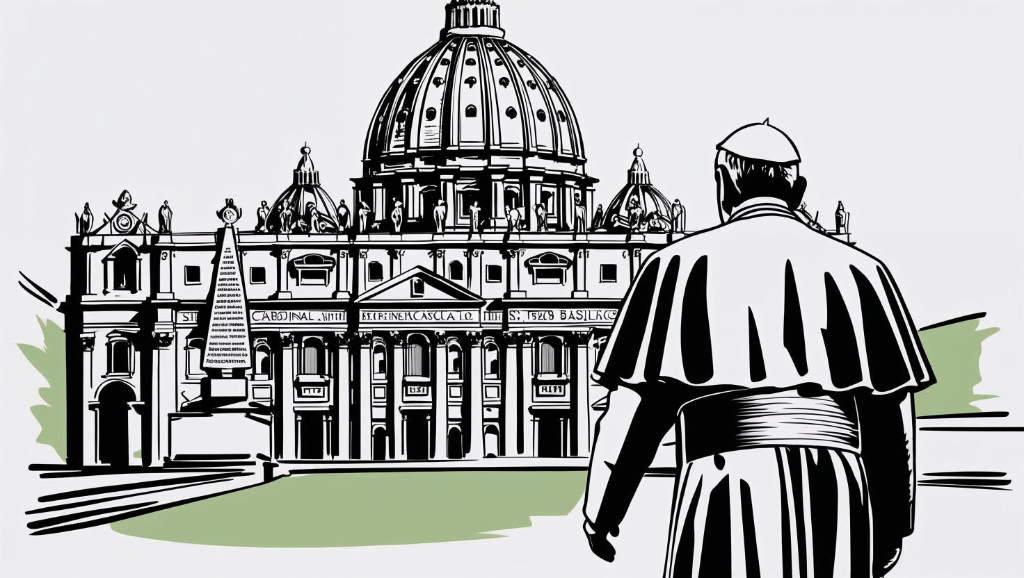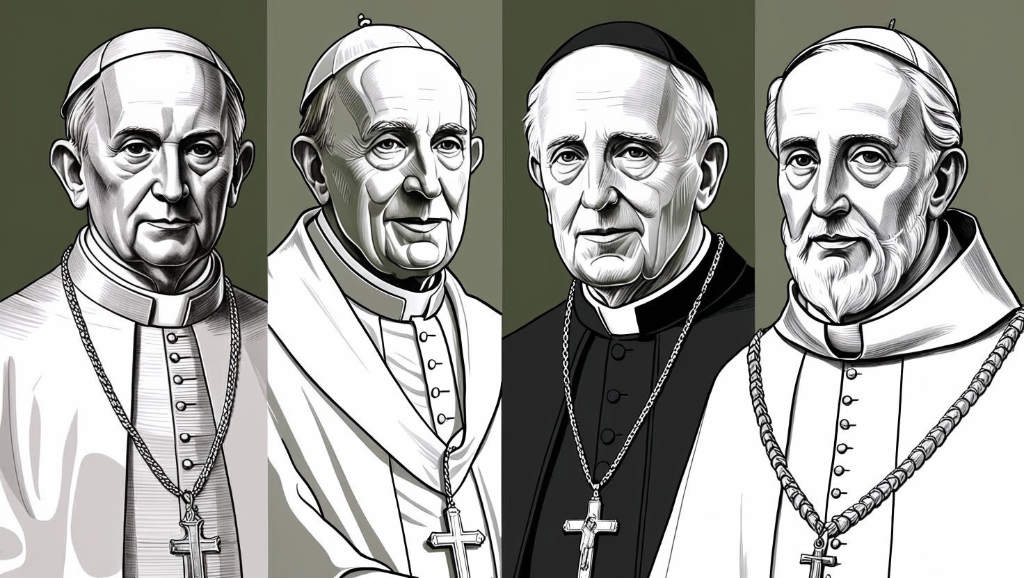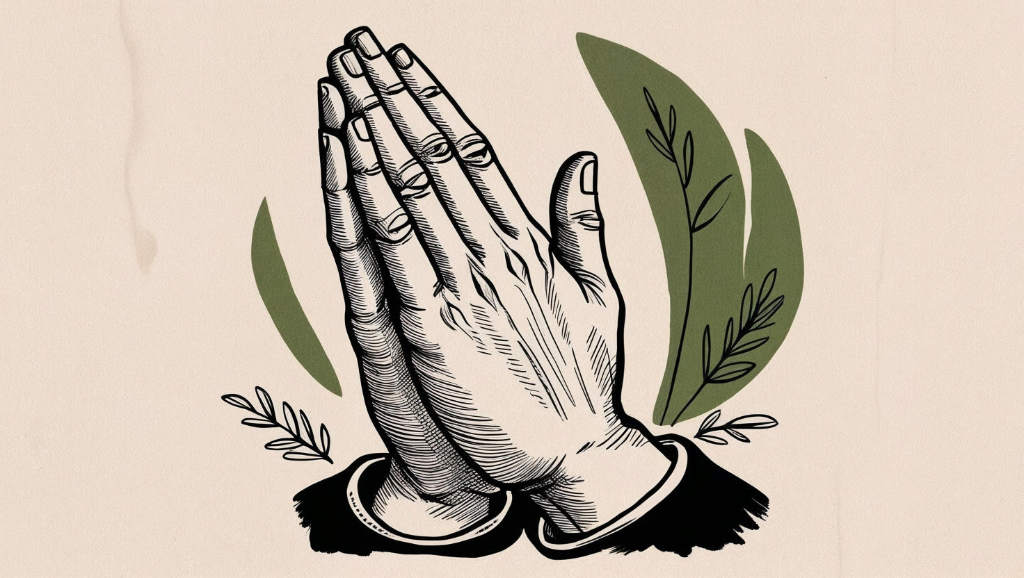
A Defining Moment for the Church and the World
The conclave is a moment of profound importance—not only for Catholics but for the entire world. The election of a new pope is not merely a change in leadership for the Church, but a pivotal moment for moral leadership on the global stage, especially at a time when we are facing unprecedented ecological and humanitarian challenges.

Ecological Conversion: A Legacy of Saints and Popes
Blessed Pope Paul VI first called for ecological conversion in 1971, warning of the “tragic consequences” of unchecked human activity. He stressed that the exploitation of nature could lead to its destruction and called for a radical shift in human behavior. His message remains relevant today, as industrialization and environmental harm continue. Paul VI emphasized that scientific progress must align with moral and social progress.
Saint John Paul II urged humanity to respect nature, not just use it as a resource. He advocated for a global ecological conversion, emphasizing that true development requires respect for both humanity and the environment. Pope Benedict XVI further called for reevaluating global economic models that harm the environment and linked ecological destruction to cultural and moral breakdown.
The concerns of these Popes align with those of scientists, philosophers, and religious leaders worldwide. Ecumenical Patriarch Bartholomew called for repentance for ecological harm, stressing that crimes against nature are sins against God and ourselves. He urged a shift from a culture of consumption to one of stewardship and generosity, highlighting that true change requires a change of heart, not just technology.
Saint Francis of Assisi is a model of ecological conversion, seeing every creature as a sibling. His love for nature reflected a theological understanding that creation mirrors God’s beauty and goodness. For Francis, ecological conversion was a spiritual duty to live in harmony with God, others, and the earth. His simplicity was not a rejection of the material world but a refusal to exploit it. Francis teaches that integral ecology involves recognizing the interconnectedness of all life and acting with humility and respect for creation.
A New Opportunity for Hope and Renewal
As the conclave unfolds, it is not merely a moment of transition for the Church but an opportunity for renewal. The new pope has a unique opportunity to carry forward and deepen the Church’s commitment to integral ecology—an understanding that the environment, the economy, and social systems are all connected.
This is a time for hope, not only for the Church but for all people who are working toward justice, peace, and environmental stewardship.
We are called to be co-creators with God, and the election of a new pope provides an opportunity to reflect on how we, as individuals and communities, are being called to care for creation today. The Spirit is moving in this moment of discernment, inviting us to consider how we can contribute to the healing of the earth and the promotion of justice for all people.

Pray for the Conclave
As the cardinals discern the future leadership of the Church, let us pray for wisdom, guidance, and the courage to continue the work of ecological conversion.
While we await the new pope, we must each ask ourselves: How is the Spirit calling us to care for creation today?





